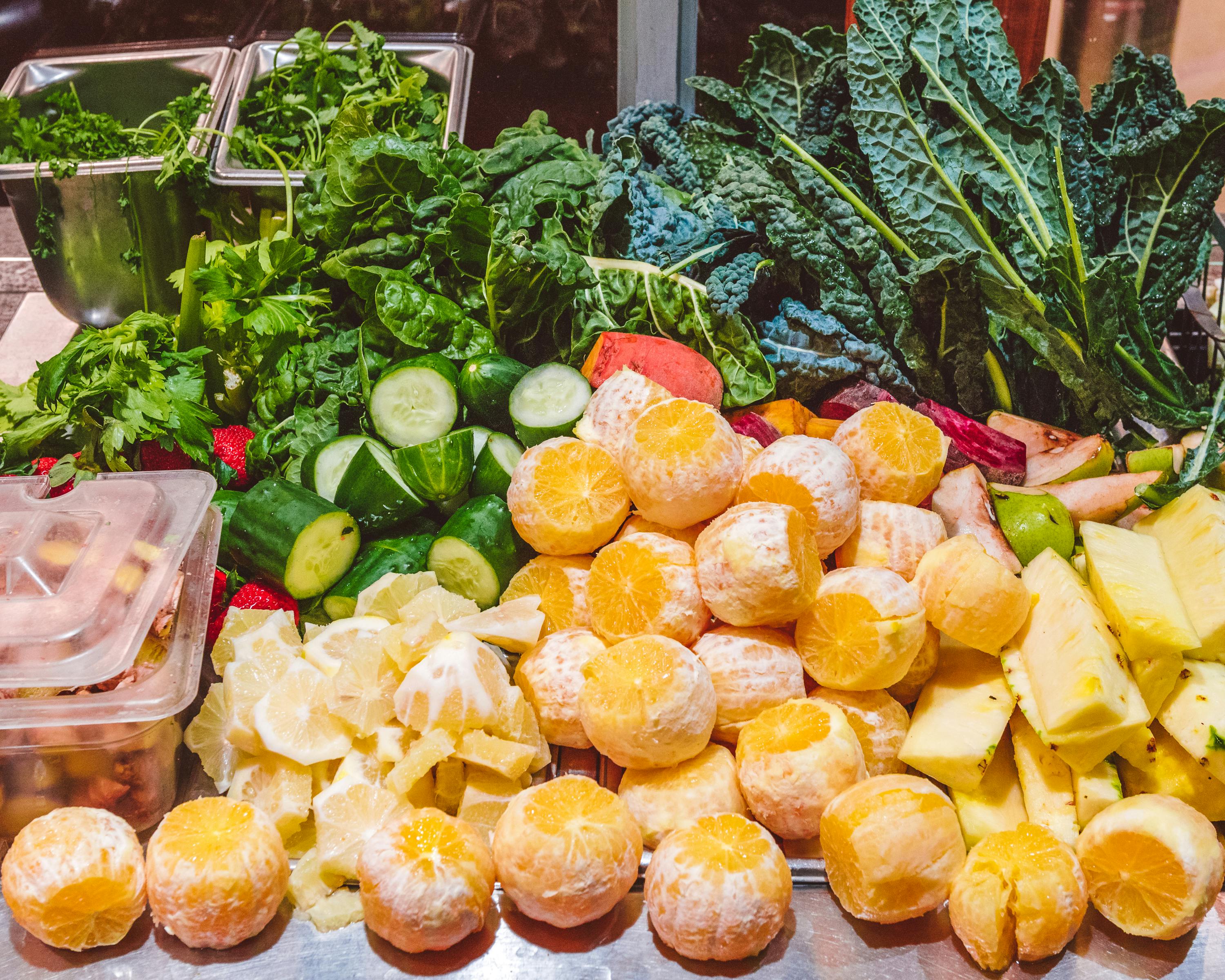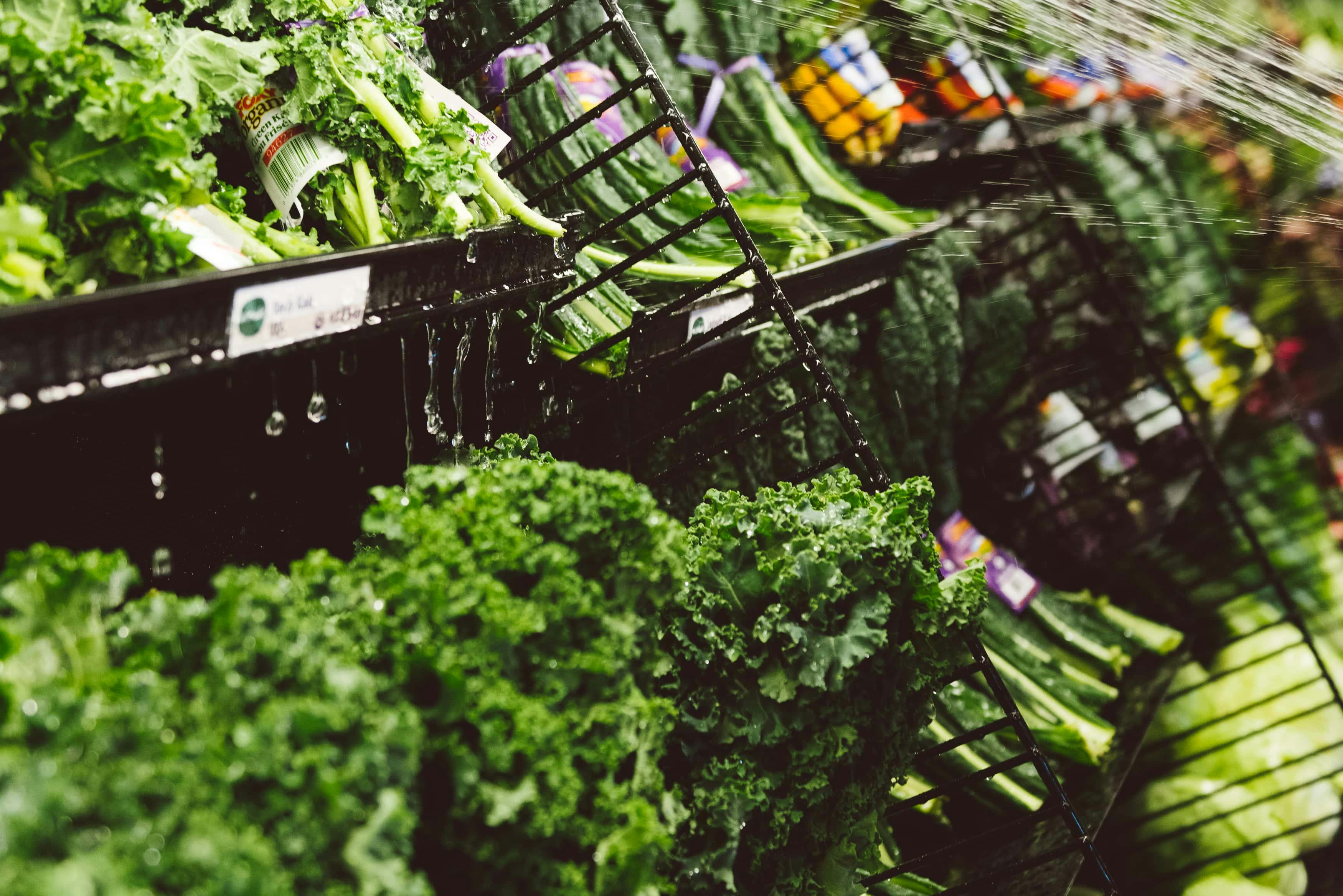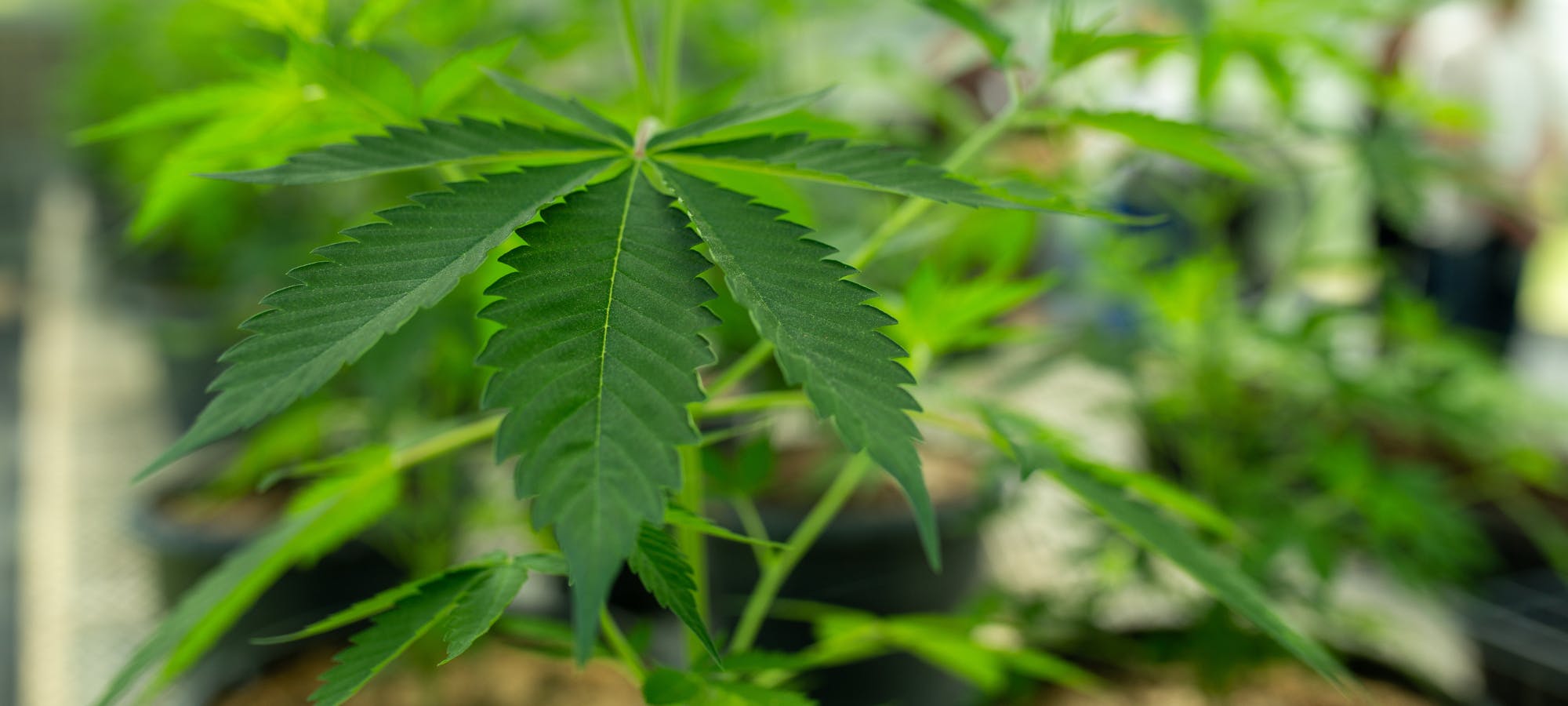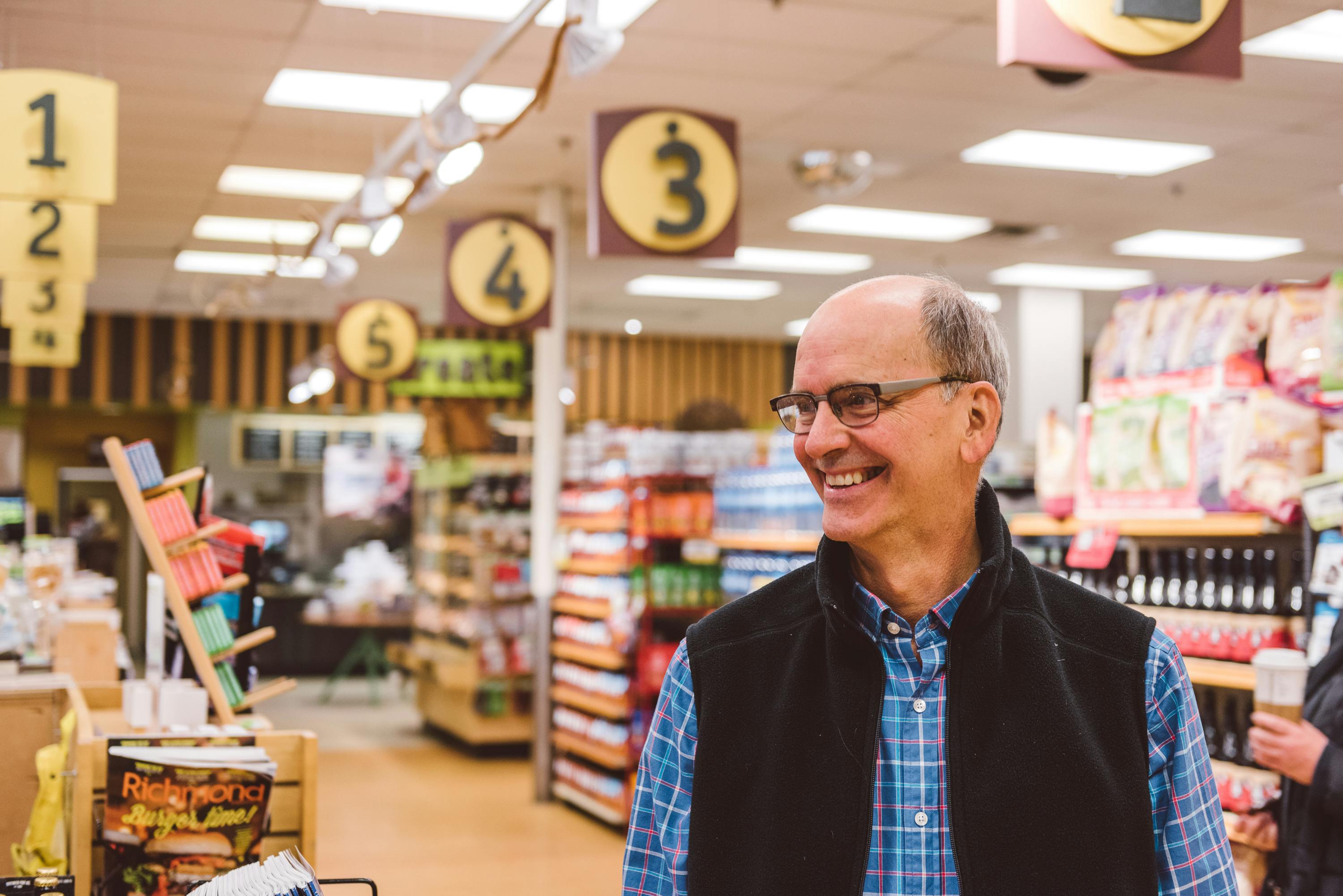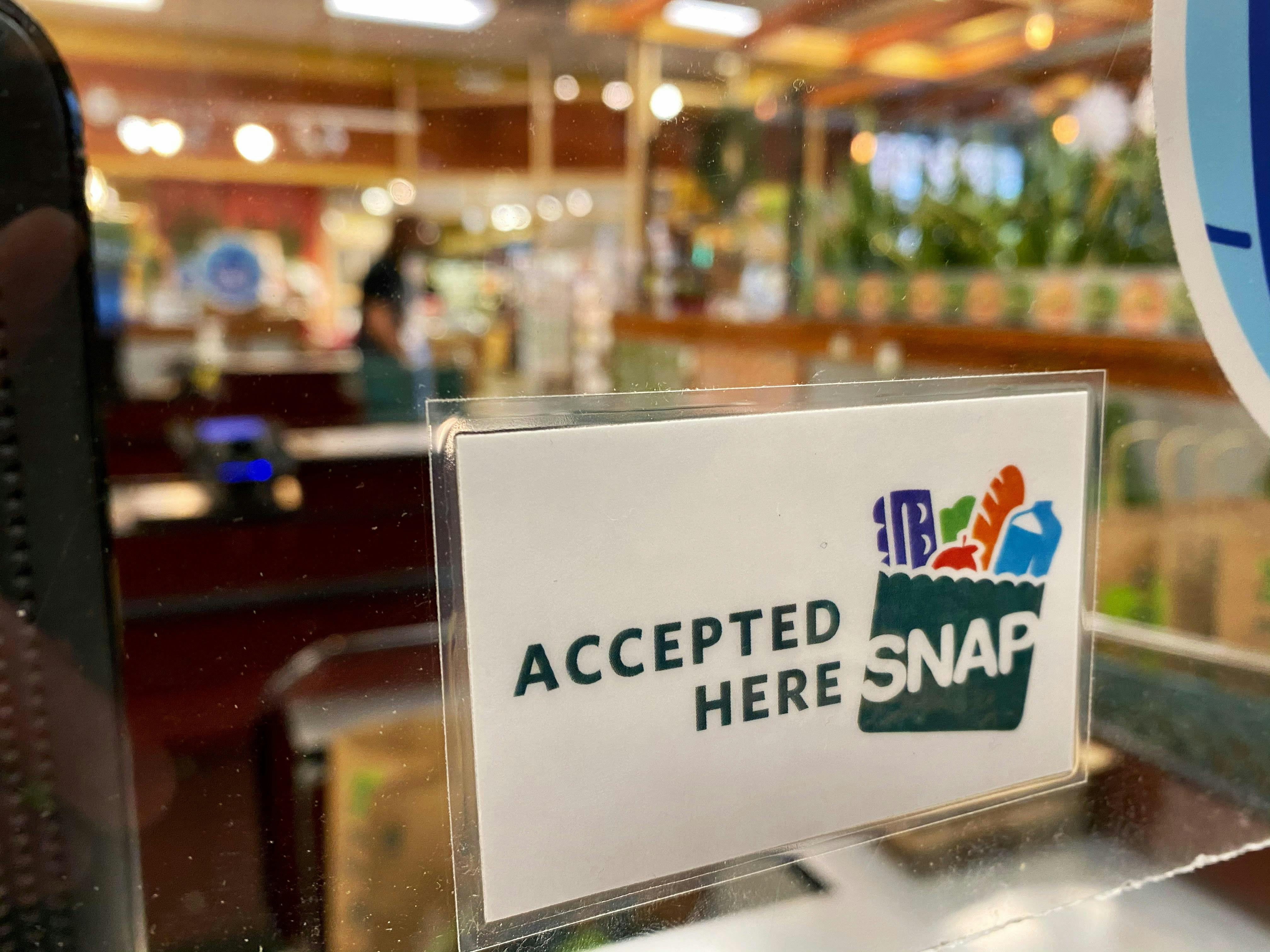As we analyze the strengths and weaknesses of relocalization vs. globalism, consider the following.Facts:
- More than 90% of food is not produced locally
- It’s easier to get products to global markets than it is to local markets
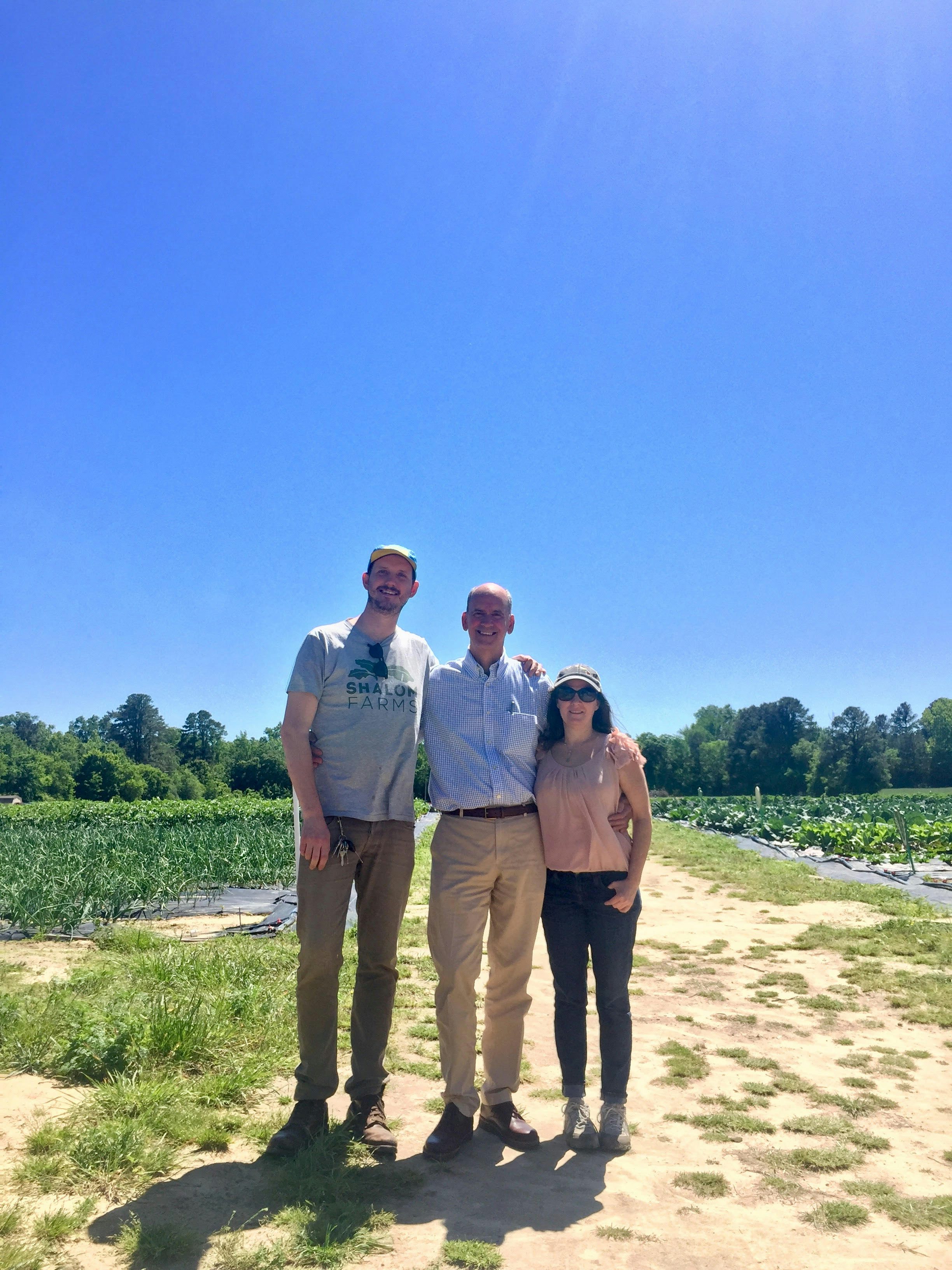
Dom Barrett, Rick Hood and Sally Schwitters at Shalom Farms
There are some reasons why we are not producing and sourcing our own food and why it’s easier and cheaper to distribute food globally versus locally. I will address these paradoxes.
One major reason is political and related to the USDA (United States Department of Agriculture). Historically, the USDA was instrumental in supporting food and nutrition for the needy, supporting small farmers and food education. In the recent past the agency has tended to be more supportive of the largest farmers and foreign markets. Big Ag gets significant financial and technical support from the USDA. New or beginning farmers get the least amount of support because of their size and financial stability. One farmer put it like this, “Big Ag controls politics and politics control the USDA.” There was a sense of hopelessness in his voice about affecting change at the USDA. I will not name this farmer.
I believe the only way to fix the problem is to develop and foster local food systems. Consistent distribution and efficiency at the local level is needed to gain favorable price points and access for local products.
Why is this important? The small economic food system is more sustainable. It creates greater economic resiliency in communities that have been marginalized by industrialization and globalism. Furthermore, we want local communities to have more control over their own destinies and traditions! Lastly, belonging and being rooted to a local place through its food is a fundamental longing that relocalization can satisfy.

